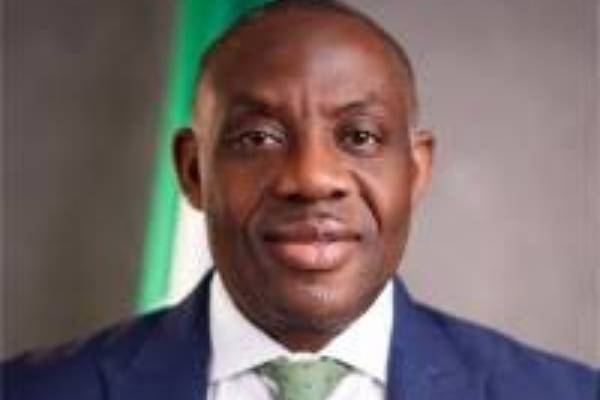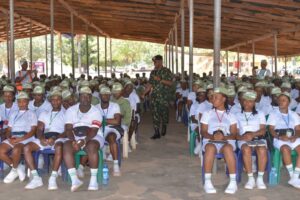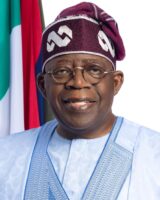The Federal Government has significantly increased scholarship grants across all education levels in a sweeping reform of its national scholarship programme, marking the most ambitious overhaul in over a decade.
Announcing the development in Abuja, the Minister of Education, Dr Maruf Olatunji Alausa, said the initiative aims to ease the financial burden of learning and promote inclusive national development under President Bola Ahmed Tinubu’s Renewed Hope Agenda.
The revised scheme raises scholarship funding by 50 per cent across the board. PhD students will now receive ₦750,000 annually, up from ₦500,000; Master’s students ₦600,000 (previously ₦400,000); while undergraduates, HND, and NCE students will get ₦450,000 (up from ₦300,000).
Two new scholarship categories have also been introduced—one targeting students in public polytechnics enrolled in STEM and vocational programmes, and the other supporting medical students in public universities. Both are backed by ₦1 billion each from a repurposed BEA (Bilateral Education Agreement) budget.
Under a new allocation framework, 50 per cent of scholarships will go to undergraduates, while Master’s and PhD students will each receive 25 per cent. Of these, 70 per cent will be prioritised for STEMM (Science, Technology, Engineering, Mathematics, and Medical Sciences) disciplines, and 30 per cent for Social Sciences. In a landmark move, 5 per cent of all scholarships will be reserved for students with disabilities.
The reforms are expected to benefit over 15,000 students across the Nigerian Scholarship Award, Education Bursary Award, and the restructured BEA scheme in the 2025–2026 academic cycle.
A combined budget of ₦6 billion has been earmarked for implementation, to be coordinated by the Federal Scholarship Board alongside an inter-ministerial committee chaired by the Permanent Secretary of the Ministry of Education, with representation from the National Assembly, Federal Character Commission, and other key stakeholders.
Dr Alausa said the changes reflect a strategic investment in Nigeria’s youth and a bold step towards building the human capital required to transform the country into a $1 trillion economy.





